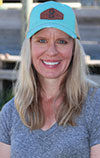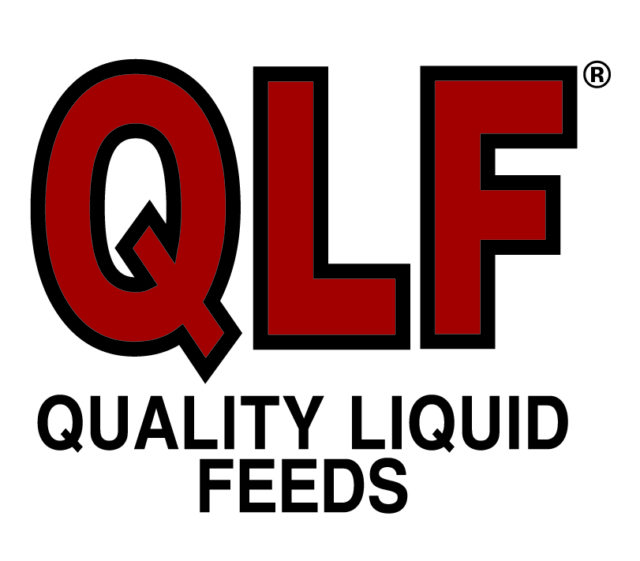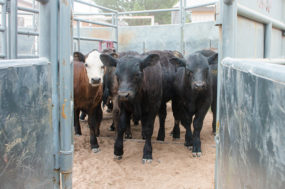Sure, the loss of a cow means a loss of money, but the greater loss is the life itself. I agree with zoologist Daniel Weary (as quoted by Caroline Gregoire of the Huffington Post), “If we are going to use these animals for our own ends, we should treat them with respect, and work hard so we can give them what they need and make sure they have a good life that we’re proud of.”
After we’d taken care of her body, we came back to the field and there was a cow, standing right where the deceased cow had died. The cow looked at us, smelled the truck and walked a circle around the spot. A few others joined as we drove away.
“What do you think they’re doing?” I asked my husband.
“Mourning,” he said. “I think they mourn when one of them dies. It may sound crazy, but I think they understand way more than we give them credit for.”
I agreed, even before he said that, but saying it that way made me consider how the world might look to a cow. It’s easy to assume that they are just eating, drinking, pooping and “hanging out.” But what actually goes through a cow’s mind?
Observing them daily and interacting with them, we know they are protective of their babies – they nudge them up after they’re born, they clean them, encourage them to follow and make sure they’re eating. We know they talk to each other, low sounds from the cow when the baby is in sight and high sounds when the baby is out of sight.
We also know they are curious. If they’re lying down, they’ll stand and watch as you come closer. They’ll also check out objects they discover in the field.
We’re certain they have personalities. Some cows are naturally laid back; others are high-strung from birth.
Science is showing the proof of cows bedding down in families, with sleeping arrangements determined by hierarchy.
They’re affected by their past. If cattle have been treated poorly, they get anxious when they get worked again. Cattle react to stressful and uncertain environments. Cortisol levels increase with stress, which causes them to behave more wildly. Consider the work of Temple Grandin, who is known for creating cattle facilities that promote low-stress handling. She wrote, “You can’t get anything past a cow.”
Cattle are more intelligent than they’re often given credit for – watch them and you’ll learn about impending weather conditions, animal families and instinct. Isolate them and you’ll understand a lot about loneliness.
So what does the world look like to cattle? It is impossible to know for certain, but it looks a lot like the environment in which they live. Is the world a scary, unpredictable place? Then the bovine experience would suggest they’ve been pushed around and surprised frequently. Is the world a safe place, with literal green pastures? If they’ve been quiet, patient mannered and they have their needs met, then it most likely looks that way.
Despite advanced science, we’ll never truly know what a cow is thinking, but we can make close assumptions based on behavior. ![]()
Marci Whitehurst is a freelance writer, ranch wife and the mother of three children. You can follow her at her blog.
PHOTO: "A nose ring? Kids these days. ..." Photo by Marci Whitehurst.







